Updates
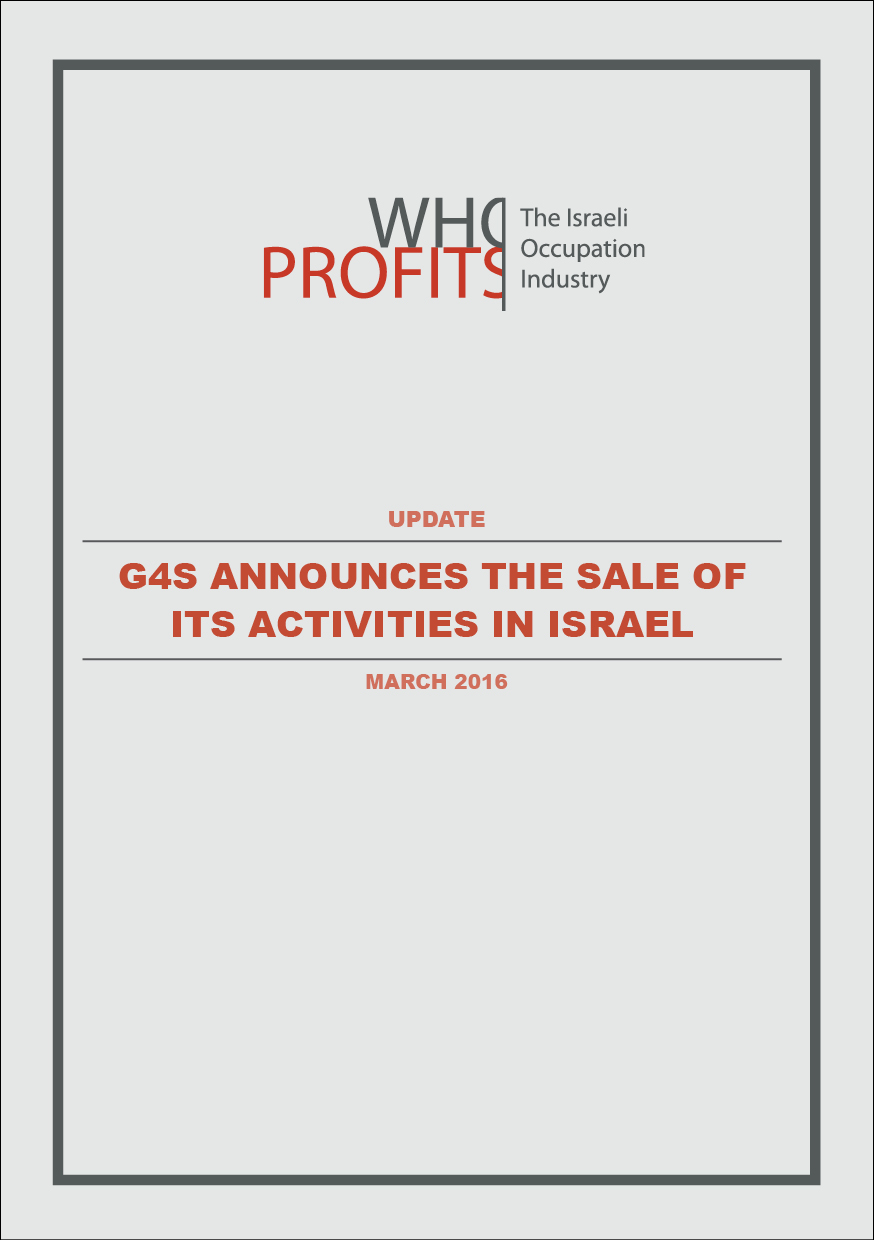
G4S Announces the Sale of Its Activities in Israel
G4S, the British-Danish security corporation, announced that it intends to sell the entire corporate activity of G4S Israel.
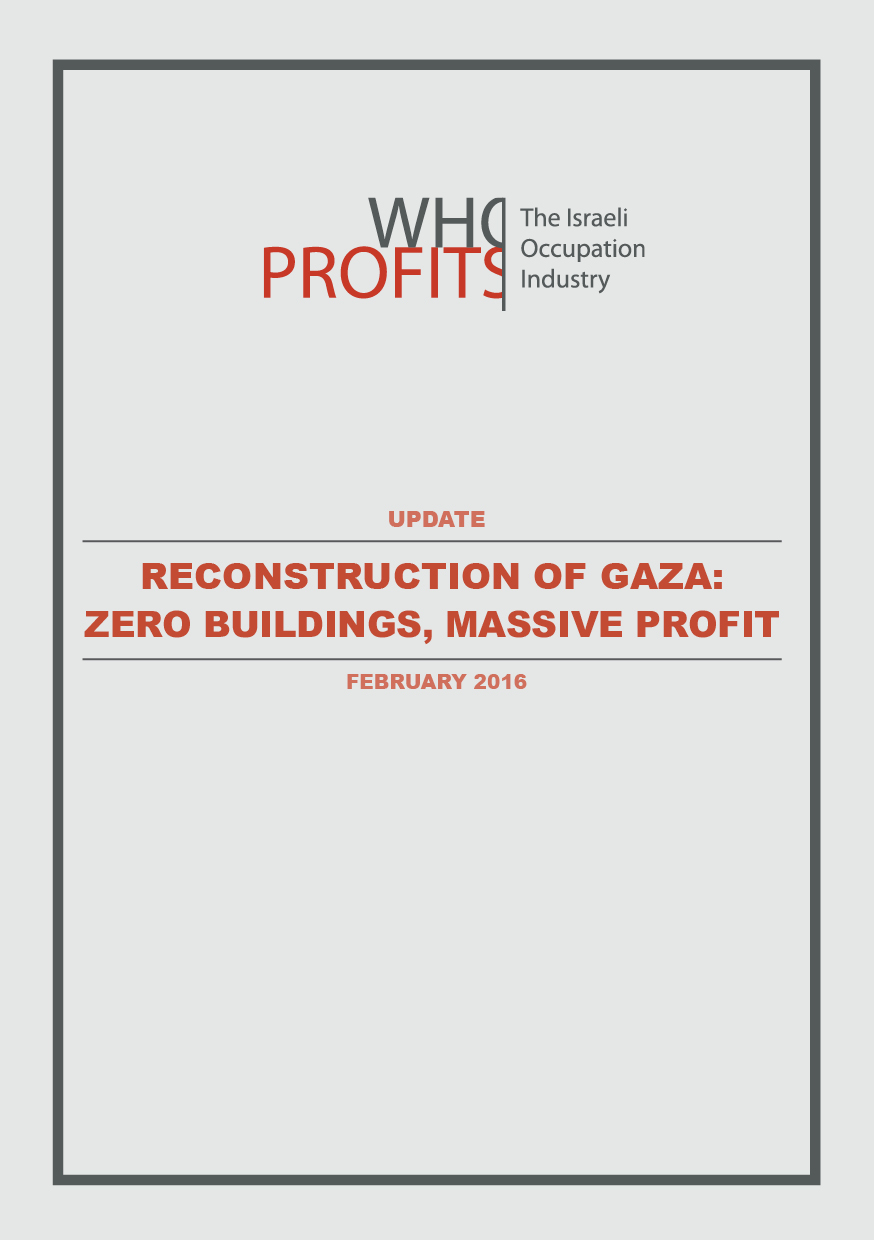
Reconstruction of Gaza
More than a year since the last Israeli attack on the besieged Gaza Strip: thousands of buildings turned to rubble and not a single home rebuilt.
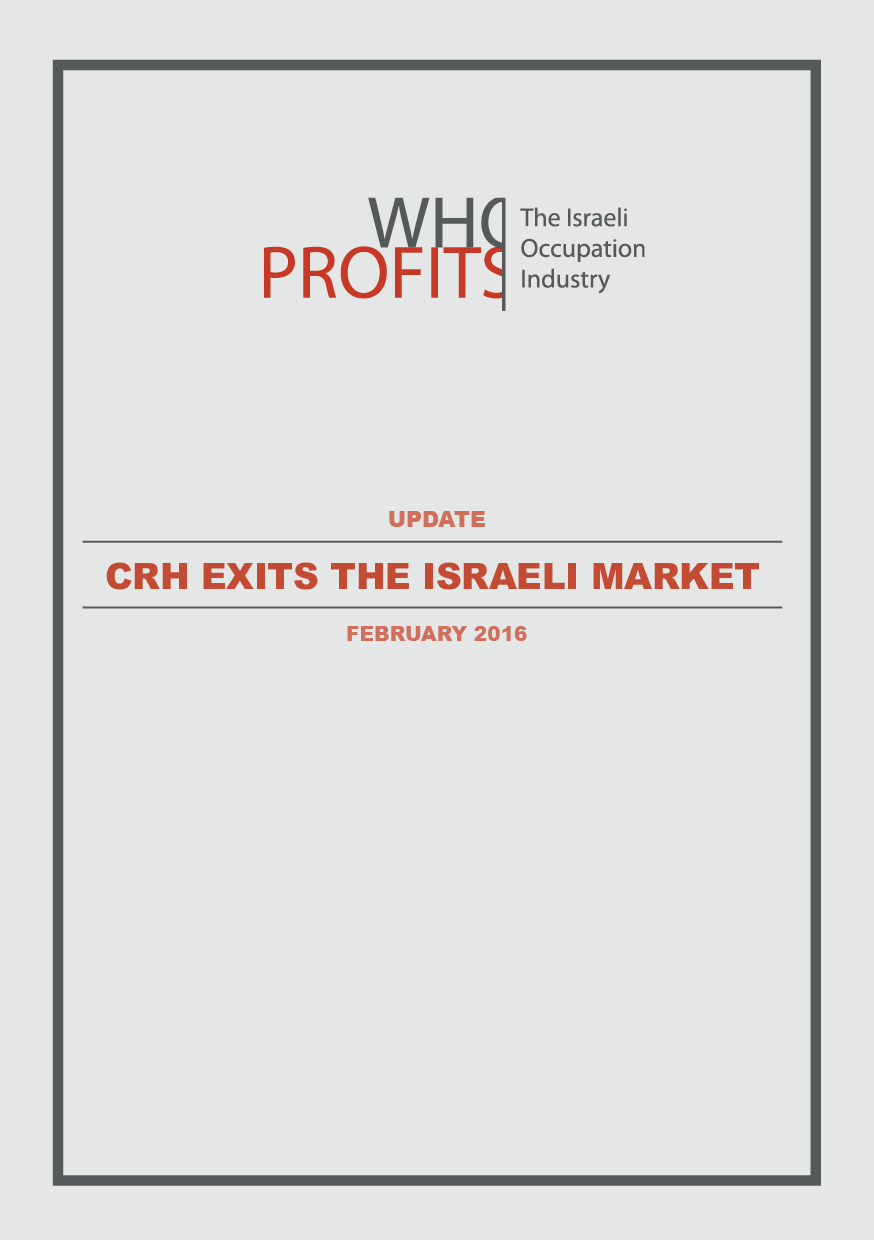
CRH Exits the Israeli Market
In January 2016, CRH, a multinational manufacturer and distributor of building materials, has finalized the dispossession of its 25% stakes in the Mashav group, the holding company for the sole Israeli cement producer, Nesher Cement.
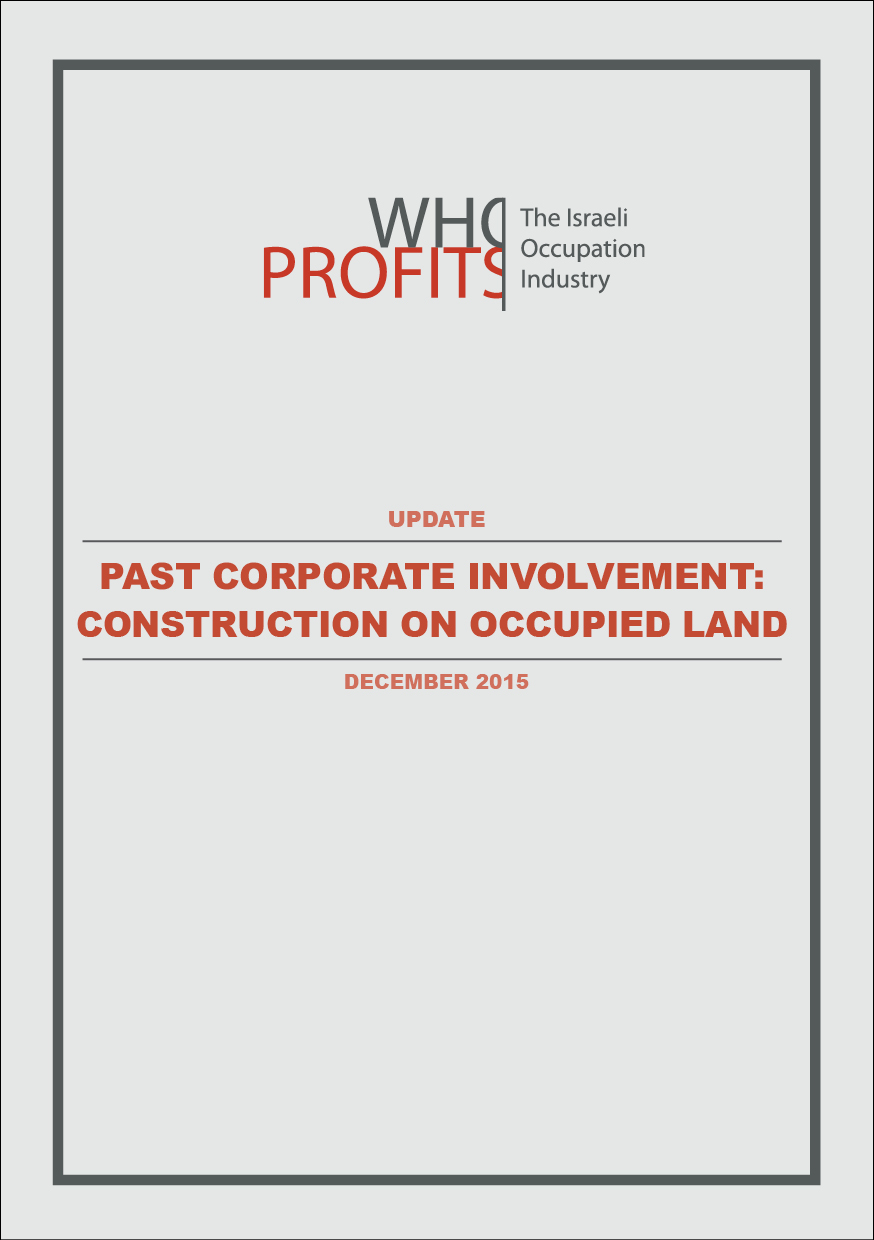
Past Corporate Involvement
Companies that withdraw from the occupied Palestinian territory or end their involvement in the occupation are perceived as companies that are not complicit in the occupation. Yet, construction, infrastructure and mining companies create facts on the ground for years to come, entrenching the Israeli occupation.
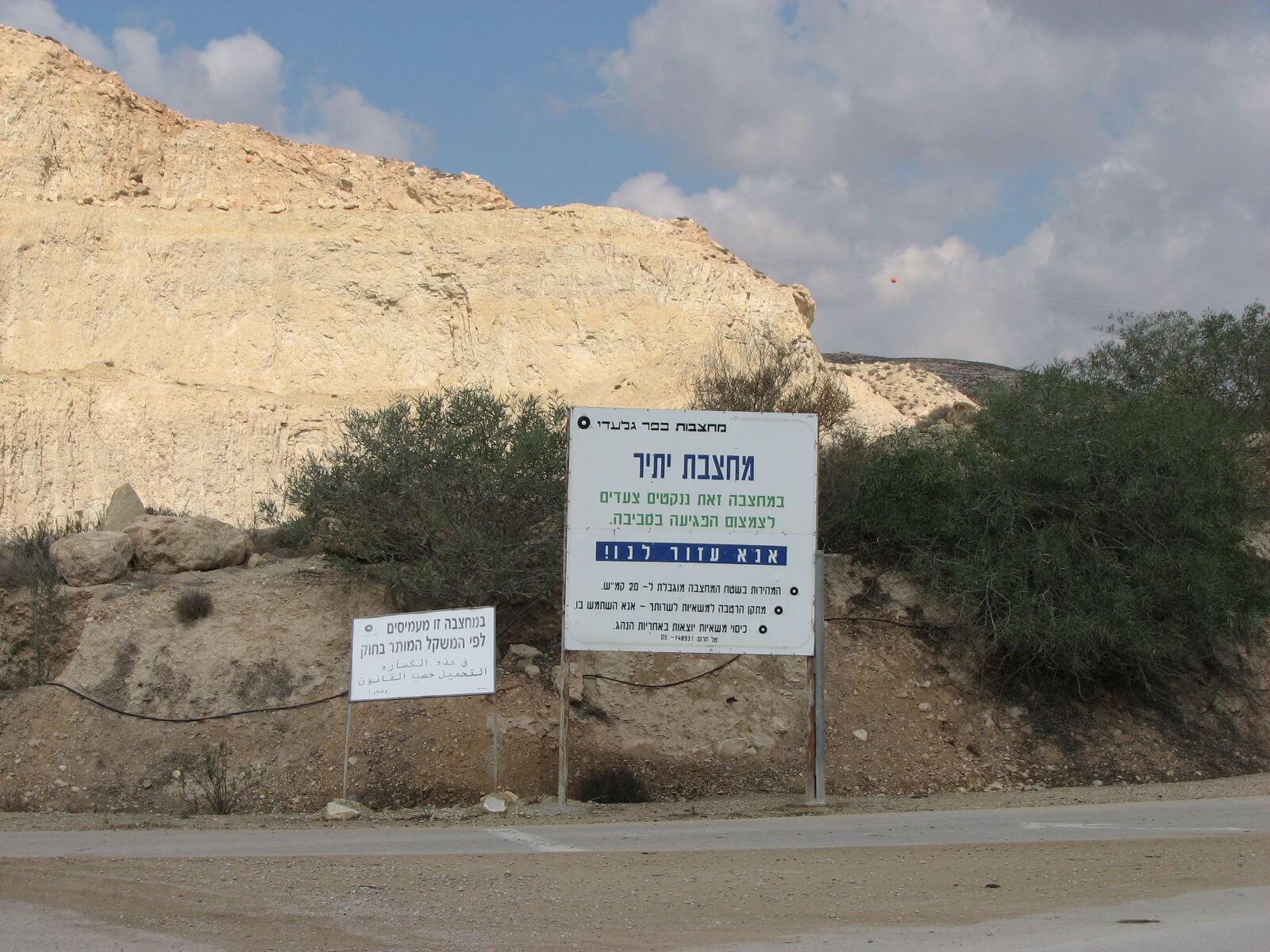
Cemex’s New West Bank Policy
After a decade of aggregates mining in the occupied Palestinian territories, Cemex sold its share in the Yatir quarry. However, Cemex factories in the settlement industrial zones of Mevo Horon, Atarot, Mishor Adumim and Katzrin continue to operate as usual.

Removing Veolia Environnement, Transdev and Caisse des Dépôts et Consignations (CDC) from the Who Profits Database
In August 2015, Veolia Environnement’s subsidiary, Transdev, has sold all of its holdings in the Jerusalem Light Rail (JLR) to a group of Israeli investors. The approval of the deal by the Israeli authorities marked the end of Veolia’s operations in the Israeli market in general, and its involvement in the controversial JLR project in particular. Who Profits Research Center can now confirm that all ownership transfers have been completed; therefore, Veolia Environnement, Transdev and CDC are removed from our database.

Veolia Sells Its Shares in the Jerusalem Light Rail and Completes Withdrawal from the Israeli Market
More than a decade after winning the tender for the construction and operation of the Jerusalem Light Rail (JLR), Veolia Environnement’s subsidiary, Transdev, has sold all of its holdings in the JLR to a group of Israeli investors. The approval of the deal by the Israeli authorities and the completion of the ownership transfer, earlier this month, mark an end to Veolia’s operations in the Israeli market in general and to its involvement in the controversial JLR project in particular.

SodaStream Completes Withdrawal from Its Factory in Mishor Adumim in the West Bank
After SodaStream’s many announcements to withdraw from its factory in Mishor Adumim Industrial Zone, the company has now completed its withdrawal from its sole West Bank-based facility.



